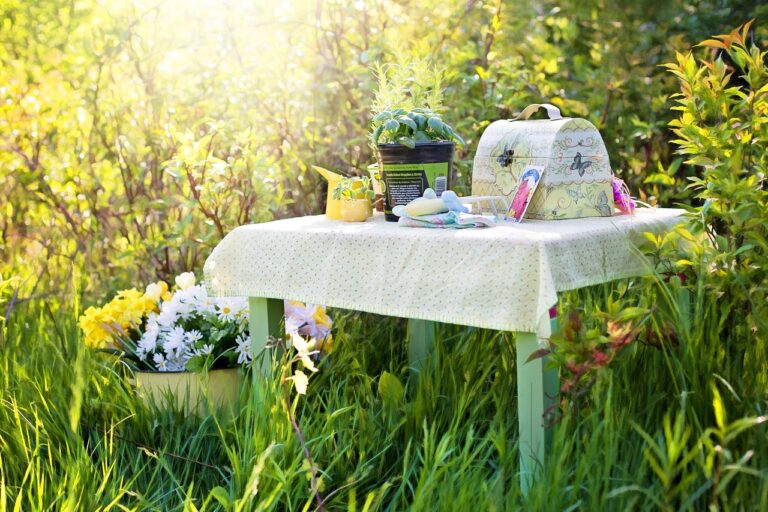Eco-Friendly Gardening: Sustainable Practices for a Healthy Planet
Gardening offers a rewarding and therapeutic hobby while bringing fresh, nutritious produce to your table. However, conventional gardening practices can harm the environment. By adopting eco-friendly gardening techniques, you can cultivate a thriving garden without compromising ecological balance.
Choose Organic Practices
Avoid Chemical Fertilizers and Pesticides
- Chemical fertilizers and pesticides pollute water sources, damage soil health, and harm beneficial insects.
- Opt for natural fertilizers like compost, manure, and organic mulches to enrich the soil and nourish plants.
- Use organic pest control methods like insecticidal soap, neem oil, or companion planting.
Compost Organic Waste
- Composting kitchen scraps, garden clippings, and other organic materials reduces waste and creates a nutrient-rich soil amendment.
- Establish a compost bin or use a tumbling composter to break down organic matter efficiently.
Conserve Water
Mulch and Water Wisely
- Mulching around plants helps retain moisture, suppresses weeds, and regulates soil temperature.
- Choose drought-tolerant plants or group similar plants with similar watering needs.
- Consider installing drip irrigation or soaker hoses to deliver water directly to plant roots.
Collect Rainwater
- Install rain barrels or cisterns to collect and store rainwater.
- Use the collected water for irrigation, reducing reliance on tap water.
Reduce Waste
Recycle and Upcycle
- Repurpose old containers like cans, crates, or tires into planters.
- Use biodegradable materials like bamboo stakes or jute twine for trellising and plant support.
- Donate excess seedlings or cuttings to community gardens or neighbors.
Reduce Plastic
- Avoid using plastic pots and trays.
- Choose biodegradable or reusable materials instead, like fabric pots or coir planters.
- Recycle or compost plastic packaging responsibly.
Encourage Biodiversity
Plant Native Species
- Native plants are adapted to local conditions and provide food and shelter for native wildlife.
- Create a wildlife garden with diverse plants that attract birds, butterflies, and other beneficial creatures.
Attract Pollinators
- Grow flowers rich in nectar and pollen, such as lavender, sunflowers, and poppies.
- Provide a water source nearby to support pollinators.
Conclusion
Eco-friendly gardening promotes a healthier environment and sustainable food production while beautifying your outdoor spaces. By choosing organic practices, conserving water, reducing waste, and encouraging biodiversity, you can create a thriving garden that benefits both you and the planet. Embracing these eco-conscious techniques ensures a vibrant and sustainable future for your garden and the generations to come.

























